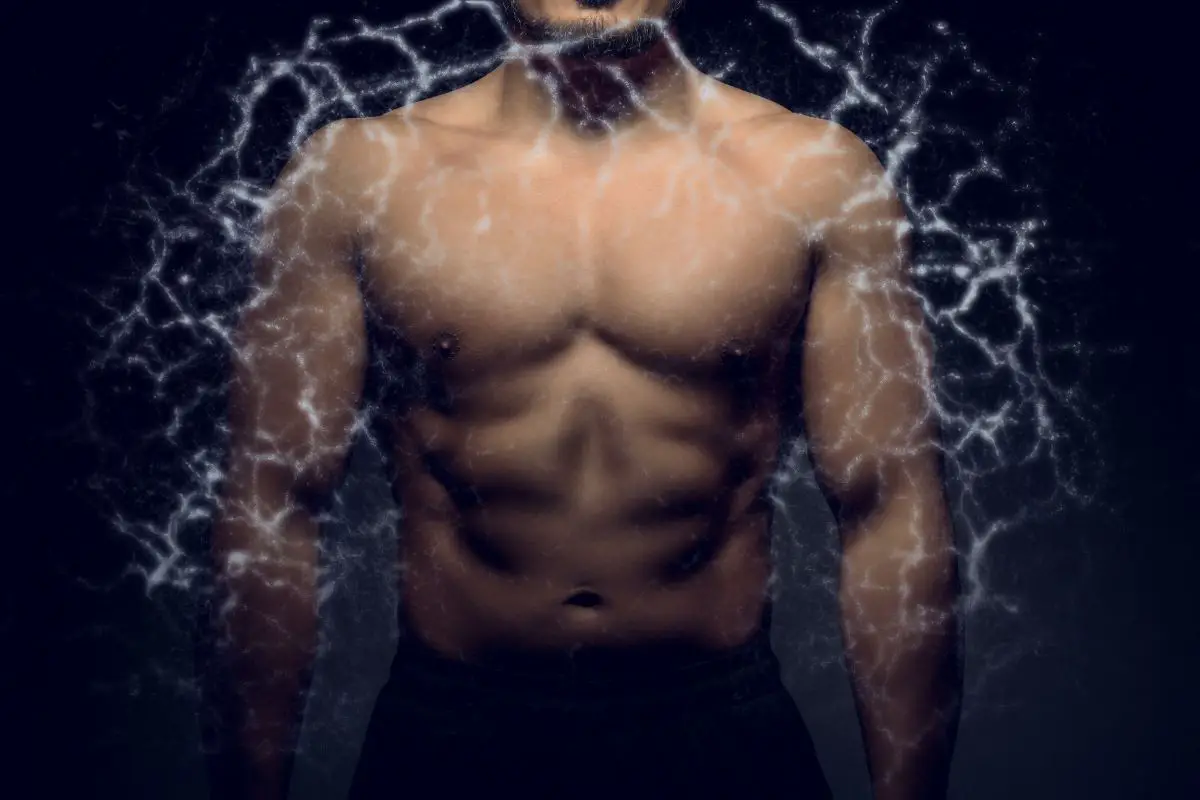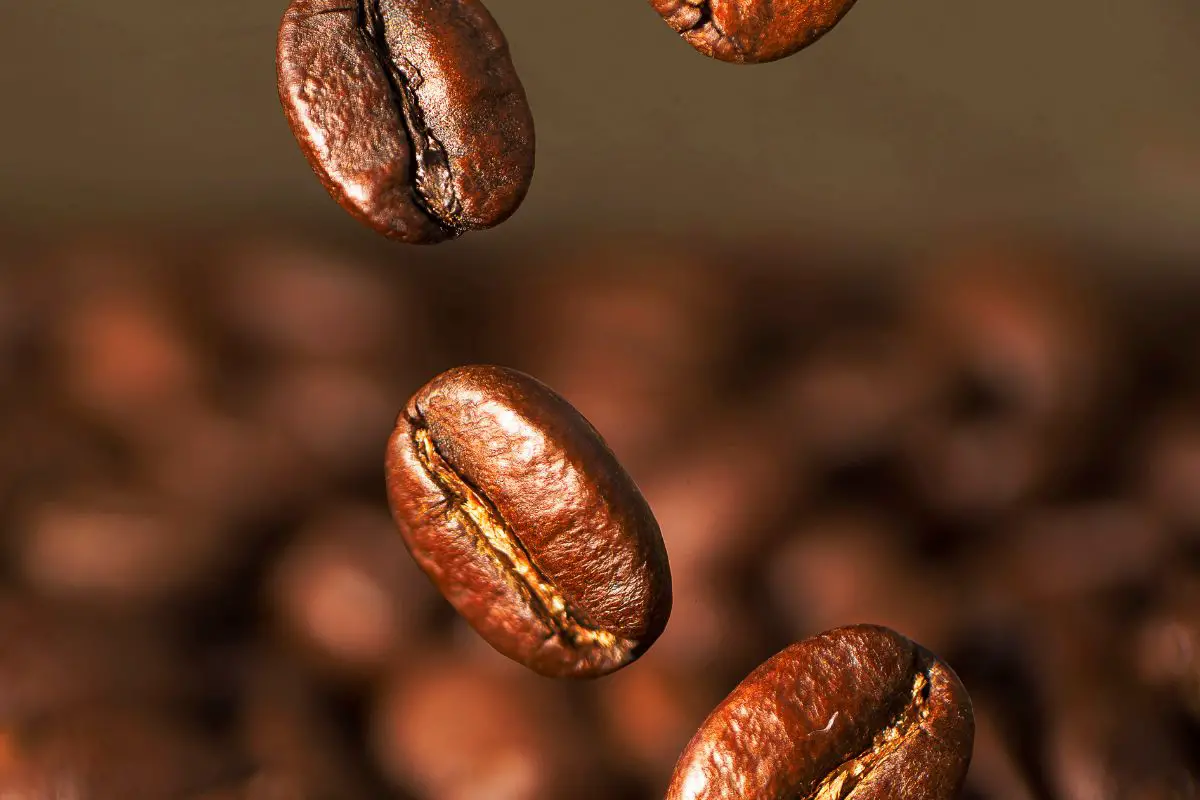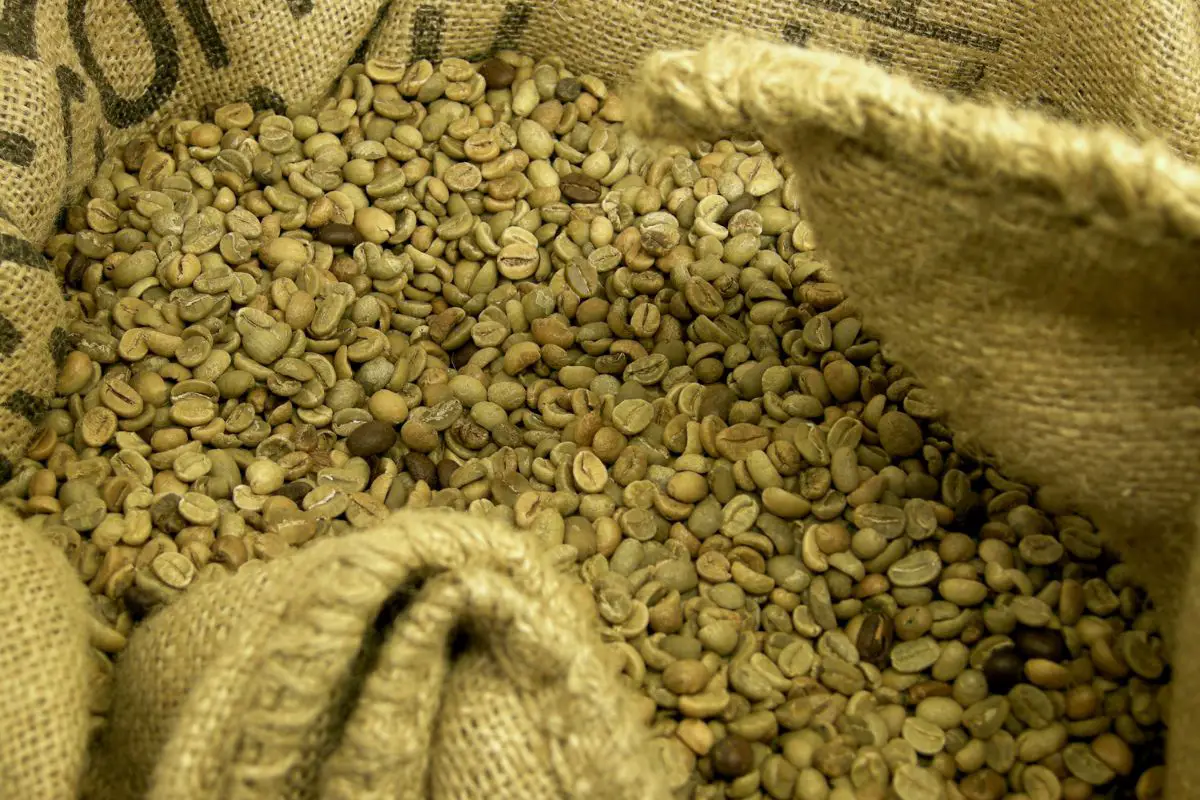Most people rely on coffee for an energy boost to complete tasks. Furthermore, coffee consumption has proved beneficial in many more ways. Some of these benefits include reducing the risk of some chronic diseases, reducing the risk of depression, and promoting weight loss, among others. As a result, some people may wonder, does eating coffee beans give you similar effects? And most importantly, does eating coffee beans give you energy? This article will take you through everything you need to know about eating coffee beans.

First and foremost, eating coffee beans has the same results as drinking your cup of coffee. Eating coffee beans will boost your energy even faster than drinking your cup of joe. Furthermore, coffee beans contain more caffeine compared to your regular cup of joe. Regular coffee is filtered and diluted with water, so you only get a portion of caffeine and other compounds in coffee beans. You only need to eat a few coffee beans to get a similar boost of energy as a cup of coffee. Let’s dig in.
Does Eating Coffee Beans Give You Energy?
Yes, eating coffee beans will give you the energy you certainly need. Caffeine in coffee beans is responsible for the energy boost. Furthermore, when you eat coffee beans, caffeine will act fast unlike when you drink your coffee. The boost you’ll receive from eating coffee beans arrives fast but it’s short-lived. By eating 8 roasted coffee beans, you get a similar energy boost and alertness as drinking a cup of coffee.
Caffeine in coffee beans works by inhibiting the hormone adenosine which is responsible for causing tiredness and making you feel sleepy. As a result, eating coffee beans will make you feel more alert and energetic. On average, it takes 30 minutes to start experiencing the effects of drinking your cup of joe. On the other hand, it takes about 3 minutes to experience the effects of eating coffee beans. However, the alertness boost only lasts for a short while.
Apart from boosting your energy levels, there are other benefits of eating coffee beans. They include:
- Source of Antioxidants
Coffee beans are a great source of antioxidants such as chlorogenic acid that promote your health. Additionally, chlorogenic acid may help reduce the risk of diabetes, as well as combat inflammation.
- Promotes weight loss
Chlorogenic acid in the coffee beans increases your metabolism, which may lead to weight loss. Furthermore, green coffee bean extract is popular as a weight-loss supplement. Additionally, studies show that eating coffee beans can reduce blood pressure in those with high diastolic and systolic readings.
- Promotes Physical Performance
Caffeine in coffee beans increases your alertness levels, wakefulness, as well as motor performance. As mentioned earlier, consumption of caffeine inhibits the production of the hormone adenosine that’s responsible for making you feel tired and sleepy.
Equally important, eating coffee beans helps reduce the risk of:
- Heart disease and stroke
- liver disease
- Parkinson’s and Alzheimer’s disease
- Depression
- Certain cancers
While eating coffee beans is beneficial, consuming too much of them may lead to negative side effects such as loss of sleep, headaches, anxiety, and jitters. Therefore, you should limit your coffee beans intake.
How Many Coffee Beans Should You Eat?

While eating coffee beans boosts your energy levels, over-consumption can lead to negative side effects. Therefore, you need to know how many coffee beans are safe to eat. Furthermore, coffee beans contain more caffeine compared to regular brewed coffee.
The number of coffee beans or coffee that you should consume depends on your caffeine tolerance. However, when it comes to drinking coffee, you shouldn’t consume more than 400 milligrams of caffeine in a day. This amount is equivalent to four 8-ounce cups of coffee. On the other hand, the number of beans that are safe to eat depends on the type of beans, their roast type, and whether they’re chocolate covered or not. Usually, there are two main types of coffee beans. They are Robusta and Arabica beans. Robusta contains double (12 mg) the amount of caffeine in Arabica beans (6 mg). On the other hand, chocolate-covered coffee beans contain 12 milligrams of caffeine per bean. With that said, it’s safe to eat around 20 to 35 coffee beans per day, while avoiding other caffeine sources. Keep in mind that some foods, beverages, sodas, medications, and supplements contain caffeine. Therefore, as you eat your coffee beans ensure that you monitor your caffeine intake.
Equally important, it’s safe to eat 7 to 10 coffee beans per serving. This amount is roughly the same as a regular 8-ounce cup of coffee. Generally, you shouldn’t exceed 200 milligrams of caffeine consumption per serving. Caffeine-sensitive people, pregnant women, and breastfeeding mothers should avoid caffeine.
What Do Coffee Beans Taste Like?
Coffee beans have an earthy and woody taste. The first thing you’ll notice when you take a bite is that they are hard to chew. Once they break, you’ll notice the woody and earthy taste. Most people don’t enjoy this taste and that’s why you’ll find that most coffee beans, meant for snacks are chocolate-covered. The chocolate taste complements the earthy and woody notes. However, don’t be discouraged. With a little digging, you may find coffee beans with more robust, caramel-like, and nutty flavor notes.
As for texture, eating coffee beans gives you the gritty sensation of eating dirt. Otherwise, coffee beans are safe to eat and they’ll give you some energy boost for the day.
How to Eat Coffee Beans for Some Energy Boost
Here are some ways to eat coffee beans and increase your energy levels.
- Grind them up – Grind your coffee beans and add them to your smoothies to increase your energy levels
- Snack – Eat your chocolate-covered coffee beans as a snack to boost your energy levels
- Dessert toppings and recipes – you can add ground coffee beans to your dessert recipes and as a dessert topping.
Can You Eat Raw Coffee Beans?

Yes, you can eat raw coffee beans as a snack. However, raw coffee beans sometimes taste bitter and woody, so they may not be enjoyable to snack on. Additionally, raw coffee beans are sometimes hard to chew. Green coffee beans are more concentrated unlike roasted coffee beans and may also cause heartburn and stomach upsets when consumed in high numbers. Equally important, people suffering from irritable bowels should avoid eating raw coffee beans.
Conclusion
Eating coffee beans gives you the energy to carry out your daily activities. Additionally, you get to experience similar health benefits as drinking your regular cup of coffee. However, it’s important to moderately eat coffee beans to avoid adverse side effects. Keep in mind that coffee beans contain more caffeine and other compounds than your cup of coffee. Therefore, you only need to eat 8 roasted coffee beans to boost your energy levels as well as alertness levels. Additionally, coffee beans will provide you results quicker than your cup of joe. So you can rely on them for a quick energy boost.
Related Articles